Religious Pluralism and the Balance of Power: An Analysis of Socio-Political and Economic Growth in Nigeria
Udeani Nwamaka
Department of Peace Studies and Conflict Resolution National Open University of Nigeria
ABSTRACT
This research delves into the dynamic interplay of religious pluralism, specifically focusing on Islam and Christianity, within the socio-political and economic landscape of Nigeria. The study employed a qualitative method that was anchored on sensitivity theory of religion. The study explores the multifaceted influences of these religions on the balance of power equilibrium and their impact on the nation’s development. Theoretical frameworks such as the Sociological theory of religion and Sensitivity theory are employed to analyze the complex relationship between religion, social values, economic growth, and political involvement. The findings highlight the pervasive role of religion in shaping the nation’s political discourse, social values, and economic stability. The conclusion emphasizes the positive impact of religion on the balance of power equilibrium in Nigeria, underscoring the need for tolerance and dialogue to harness the benefits of religious diversity.
Keywords: Balance of power, Socio-political, Economic growth and Christianity
CITE AS: Udeani Nwamaka (2024).Religious Pluralism and the Balance of Power: An Analysis of Socio-Political and Economic Growth in Nigeria. IAA Journal of Arts and Humanities 11(1):1-4. https://doi.org/10.59298/IAAJAH/2024/11.15.33.11
